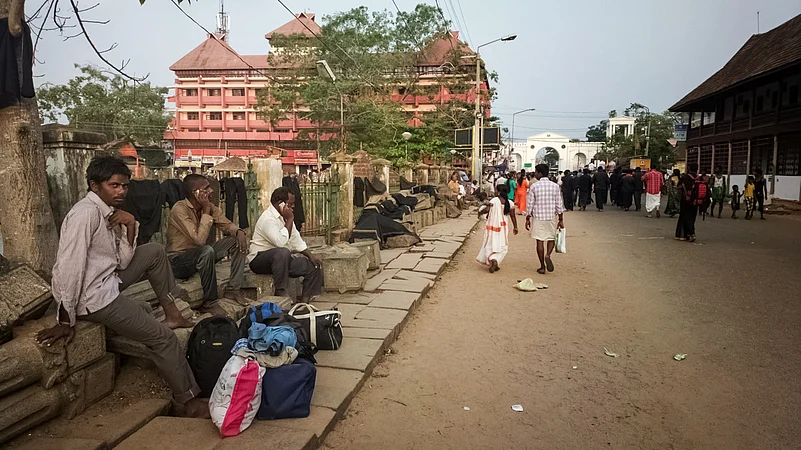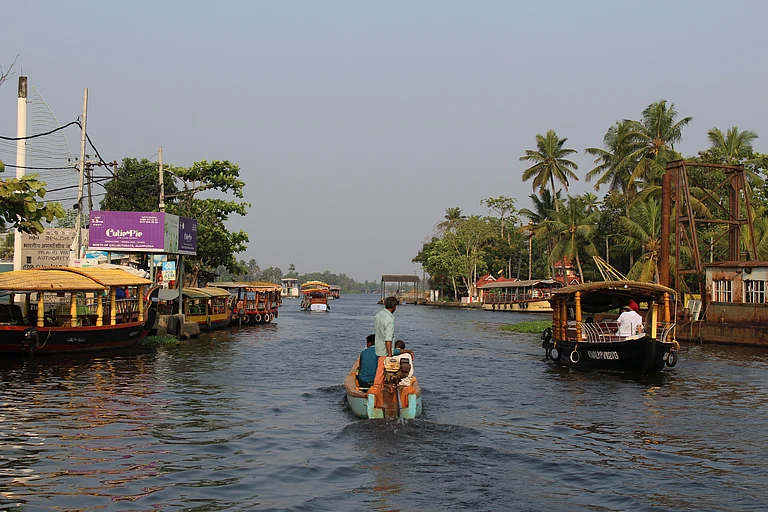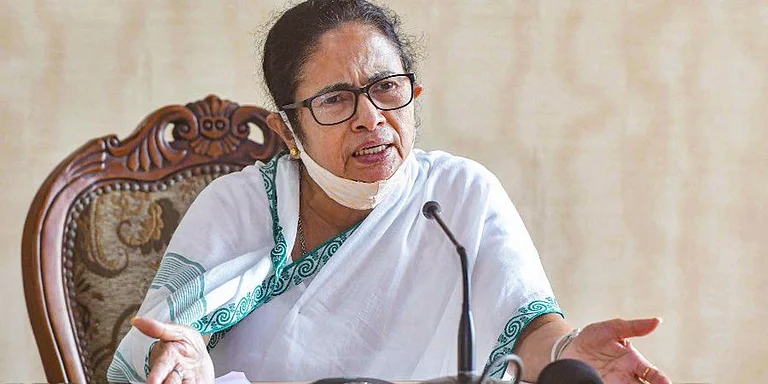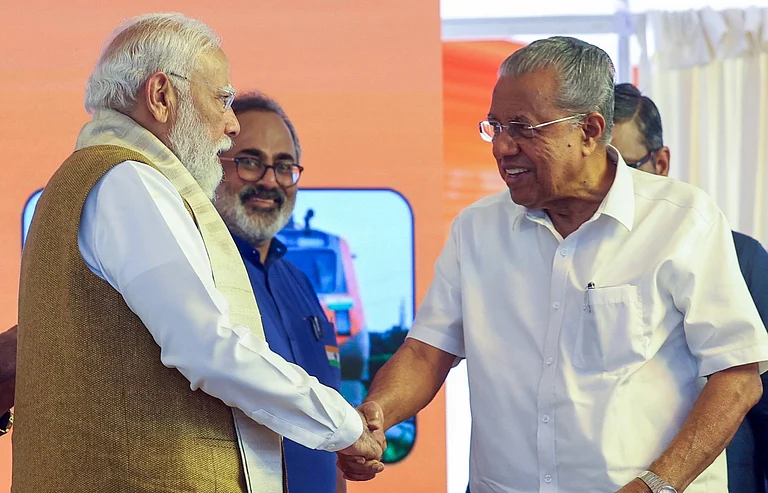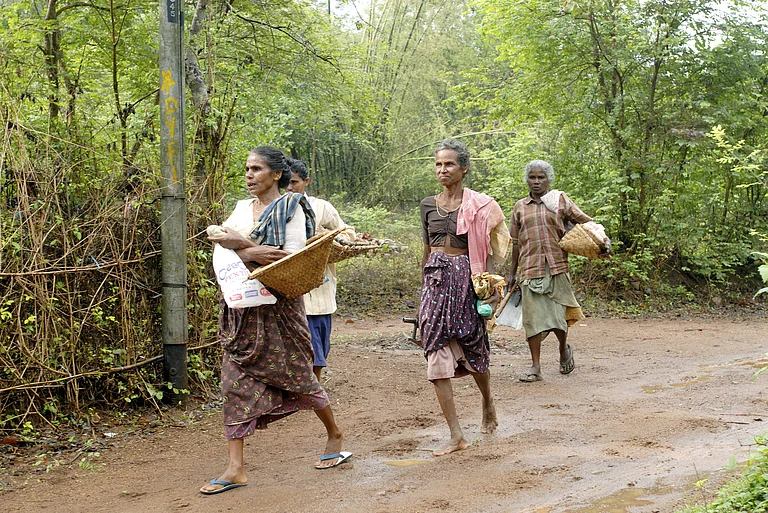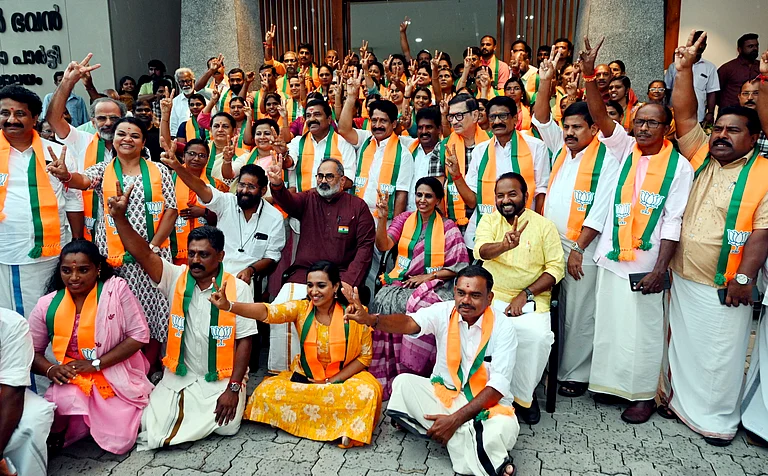
Summary of this article
Kerala's declaration of the ‘eradication of extreme poverty’ raises important questions
Adivasi organisations such as the Adivasi Gothra Maha Sabha have contested the government’s claim
Poverty eradication should not be seen as act of welfare, but as a fundamental responsibility of governments
On November 1, 2025, Kerala declared itself officially free of ‘extreme poverty’, becoming the first state in India to do so. The announcement was made at a public event on ‘Kerala Piravi’ day in the presence of film star Mammootty.
Launched in 2021, the state’s ‘extreme poverty eradication project’ first involved the identification of the ‘extreme poor’, inspired by NITI Aayog’s distress indicators for the Multidimensional Poverty Index (MPI), comprising deprivation of food, healthcare, income and shelter. According to the 2023 Index released by NITI Aayog, Kerala had the lowest proportion of the poor, with only 0.55 per cent of the population falling under the ‘multi-dimensional poverty’ line. According to the Kerala government’s Local Self Governance Minister, the state, through a systematic survey conducted by volunteers in association with Kudumbashree, ASHA workers and the Local Self-Government (LSG) department, identified 59,277 families as ‘extremely poor’.
This was followed by targeted short and long-term micro-plans addressing specific needs including food, medical insurance, housing, jobs and social security pensions, primarily involving the LSG with Kudumbashree functioning as the community monitor.
The project was enabled by the strength of a robust decentralisation infrastructure that was already in place and had shown effectiveness and resilience in earlier periods of crisis, especially during the pandemic. The declaration will undoubtedly be an important moment, and it has already received much attention, being celebrated as an affirmation of ‘Kerala exceptionalism’, marking the state’s achievements in human development indices not just in India, but across the Global South. Commentators have hailed the exercise of eradicating ‘extreme poverty’ as an instance of the realisation of rights, or in other words, an exemplary exercise in ‘right-making/state-making’.
Progress, Not Success
The declaration of the ‘eradication of extreme poverty’, however, also raises very important questions. The NITI Aayog’s National Multidimensional Poverty Index (NMPI) has come under severe criticism for its methodological flaws, and economists have challenged its claim that 24.89 crore people have escaped multidimensional poverty in the last nine years. Questions over the availability and quality of data, and the move away from taking consumer expenditure as a measure of poverty, have raised important concerns about claims of a ‘decline in poverty’ in India. Recent research by C. A. Sethu, L. T. Abhinav Surya, and C. A. Ruthu published in the Review of Agrarian Studies (2024) estimates that more than a quarter of all households in India had a monthly per capita expenditure below the poverty line in 2022-23.
Kerala’s extreme poverty eradication programme has adopted a different approach from the NMPI in identifying families in ‘extreme poverty’, as it involved an intensive participatory nomination process through LSG wards/divisions by sub-committees formed for this purpose, using four major deprivation categories: food, health, income and shelter. These were verified and scrutinised face-to-face to reach a final list of 64,006 extremely poor households (1,03,099 individuals). Strikingly, according to the Economic Review Report 2024 by the State Planning Board, 75 per cent of the identified families belonged to the general category, while 20 per cent belonged to Scheduled Castes, and the remaining five per cent to Scheduled Tribes, with a small number of respondents unsure of their group. The absence of Other Backward Classes among those identified is puzzling and raises concerns about the process. Given this striking anomaly, it is important for the state to make public the details of the entire process for wider scrutiny and debate.
Further, Adivasi organisations such as the Adivasi Gothra Maha Sabha have contested the government’s claim, citing continuing precarious living conditions, landlessness and malnutrition among Adivasis, and have expressed alarm that this grand declaration might free the government from its ongoing responsibility to address poverty and inequality. The group has also raised concerns over the caste composition of the identified ‘extreme poor’ and demanded a comprehensive socio-economic survey akin to a caste census, which the state has been evading.
These concerns are very important, as most state policies on poverty often miss the dynamic nature of poverty itself. Since such policies tend to treat poverty as ‘static’ and focus on ‘uplifting’ people from it, they often overlook how easily people can fall back into it. As Anirudh Krishna’s research (2004, 2011) has consistently shown, there is a constant ‘poverty flow’ in much of the Global South, with parallel processes of escape and descent. As he notes, millions who may be out of extreme poverty are only ‘one illness away’ from returning to it, with a single health emergency pushing a family into absolute poverty, as countless examples in his research demonstrate.
Given the dynamic nature of poverty, such a state declaration is certainly not a moment to celebrate success or completion. While one must recognise the immense progress that Kerala’s Left government has made in sustaining a dignified level of life, far better than any other state in India, one should not celebrate the state’s attempt to ensure the most basic survival conditions as a great achievement, but as a work-in-progress. Marking it as a success would lead to apathy and the overlooking of poverty, which remains a real possibility for a large number of people, preventing them from making legitimate claims on the state. Instead of a language of exceptionalism, what is needed is one of caution and a continuing public debate on human progress, measured primarily by the removal of basic material and social unfreedoms such as poverty.
Rights, Not Welfare
What is also important is that the move should help bring back the question of poverty eradication not as an act of welfare, but as a fundamental responsibility of the government in implementing the basic right to life. Freedom, in the constitutional sense and in the idiom of modern politics, is often defined in terms of negative liberty—freedom from interference, constraint, or coercion. While concerns of positive liberty—freedom to have basic necessities for a dignified life such as housing, food, employment, healthcare and education—have been kept as directive principles for the state to implement. They have not been treated as fundamental rights that are inviolable.
Further, positive liberty, which needs to be conceived as a basic and primary right guiding state policies and forming a citizen’s fundamental claim on the state, has increasingly been translated into the language of welfare and state benevolence. In post-liberalisation India, the discourse of freedom through social provision risks becoming one of administrative benevolence. When the state’s moral authority to deliver replaces the citizen’s moral right to demand, freedom is quietly depoliticised rather than realised.
Kerala’s declaration of being free of extreme poverty should therefore prompt a return to the political possibility of realising positive freedom—as a right, not as welfare. The state’s claim about the participatory nature of the entire exercise is significant, but it should provoke wider debate and caution about being seen as benevolence. Kerala’s moment, then, should not only be celebrated, it should also be interrogated. It offers a rare opportunity to bring the discourse of positive freedom back to the centre of modern Indian politics.
About the author: Dayal Paleri is an Assistant Professor (Social Sciences), National Law School of India University, Bengaluru


